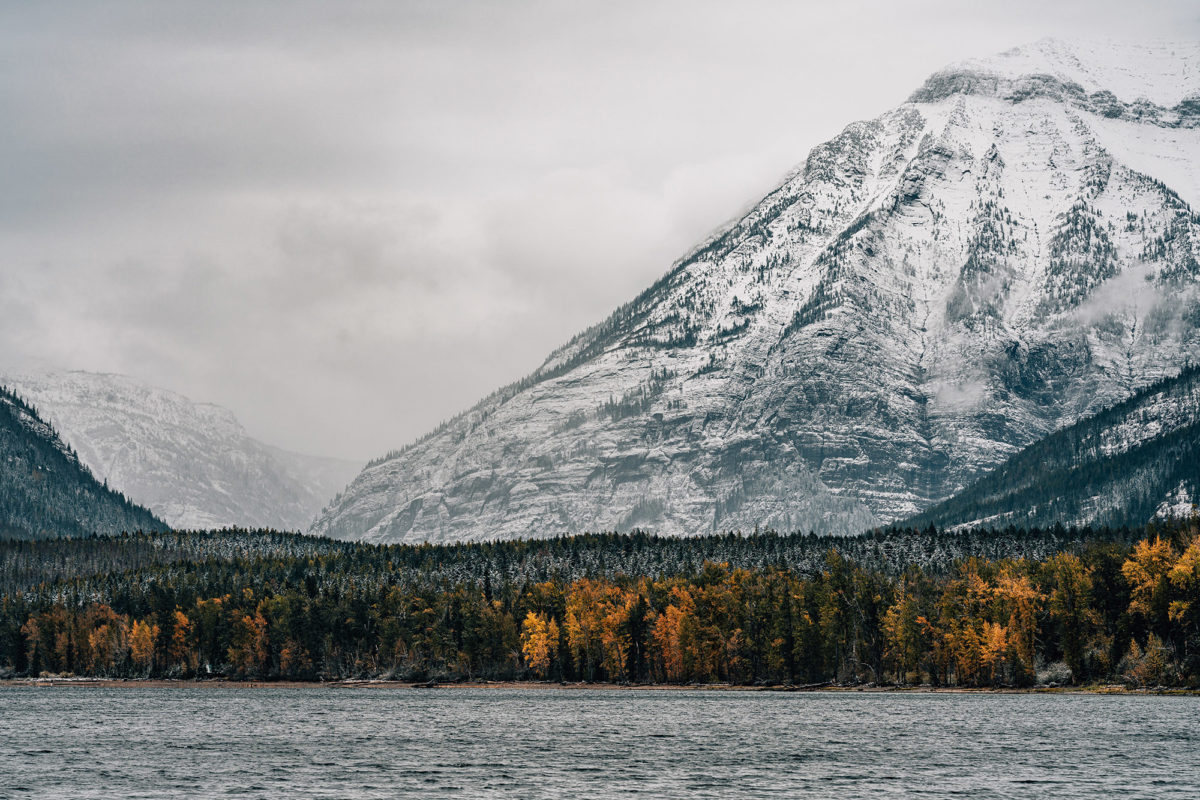Recreational Cannabis is Legal in Montana

Is marijuana legal in Montana? In Big Sky Country, big changes to cannabis are paying off. Montana legalized adult-use cannabis in 2020 via a voter-approved initiative. Then in 2021 the state’s legislature crafted a regulatory bill, which lead to the Jan. 1, 2022 opening of sales and dispensaries to anyone 21 or older. Combined sales from the state’s approximately 380 dispensaries reached $1,566,980 over the weekend. With Montana cannabis legalization, the market is projected to top $300 million in annual sales by 2025, partially due to tourist demand.
Marijuana in Montana
Montana residents, residents of other American states and territories, and international travelers with valid identification are able to purchase and possess up to one ounce of marijuana in Montana, or its THC equivalent in edibles, concentrates and other products. With every legalization process is a distinctive set of rules and regulations; for example, public consumption, crossing state lines and flying with cannabis remains illegal. See below for specifics tied to lawful marijuana in Montana.
Available cannabis products in Montana include concentrates, flower with no more than 35% THC, edibles with no more than 100mg of THC, topicals, tinctures and vaporizer cartridges. To note, these THC limits do not apply to medical patients. These products must be produced within the state of Montana. Shops are also permitted to sell smoking accessories and CBD products but may not sell hemp plant material. Purchases are limited to one ounce of marijuana per transaction, or the THC equivalent in other forms: eight grams of concentrate or 800mg of edibles. Customers are not limited to a single product type and may mix different goods up to the overall limit.
Cannabis Legalization in Montana
Cash is required due to federal restrictions on banking services and all recreational cannabis purchases are subject to a flat 20% sales tax. Some counties, such as Yellowstone, Missoula and Park have enacted an additional local-option 3% tax. Purchases must leave shops in a plastic, child-proof “exit bag” which is reusable for future visits. Regarding hours, both recreational and medical businesses are not allowed open before 9 a.m. or after 8 p.m. The state will not track purchases or maintain a list of cannabis customers; shops may scan IDs for age verification but can only keep those records for 180 days. Furthermore, dispensaries are not allowed to share this information with the state, nor can they transfer or sell it to a third party.
Driving with cannabis products is legal with very specific restrictions: It must be in its unopened, original packaging and stored in either (a) in a locked glove compartment or storage compartment; (b) in a trunk, luggage compartment, truck bed or cargo compartment; (c) behind the last upright seat of a motor vehicle which is not equipped with a trunk or (d) in a closed container in the area of a motor vehicle that is not equipped with a trunk and is not normally occupied by the driver or a passenger.
Driving under the influence of cannabis remains illegal, and law enforcement officers have the jurisdiction to stop anyone driving erratically. If the officer has any reason to believe the driver is under the influence of marijuana in Montana, a driver can be transported to a hospital to administer a DUI test. Refusal of a blood test can result in a temporary suspension of a driver’s license.
Montana Cannabis Legalization
Montana cannabis legalization will not be visible throughout the entire state. Only counties where a majority of residents voted in favor of cannabis legalization in Montana in the 2020 election have authorized recreational sales; these are often referred to as “green counties.” Generally, counties in the western part of the state have been more agreeable to permitting cannabis sales.
Product testing requirements are in place and have standardized analysis for a wide range of mold, bacteria and heavy metals, as well as for potency and various contained compounds. Several testing labs are located within Montana. For those interested in curating their own plants, state residents are permitted to grow and possess up to two mature marijuana plants and two seedlings at home, although the plants cannot be publicly visible.
Some unique aspects of cannabis legalization in Montana are tied to Native American Reservations, where state Sen. Shane Morigeau advises “Be familiar with the landscape. You’re not on state land, but in a different territory. Be mindful of that framework.”
Another is in national parks, where cannabis cannot be possessed or consumed.
As the nation’s leading business-to-business cannabis conference, CannaCon answers questions like “Is marijuana legal in Montana” and goes beyond to nurture the cannabis industry by educating cannabis business owners on all things related to cannabis and CBD. Their trade shows feature a large exhibition hall with exhibitors from around the country as well as seminars delivered by industry experts. Join an event today!
